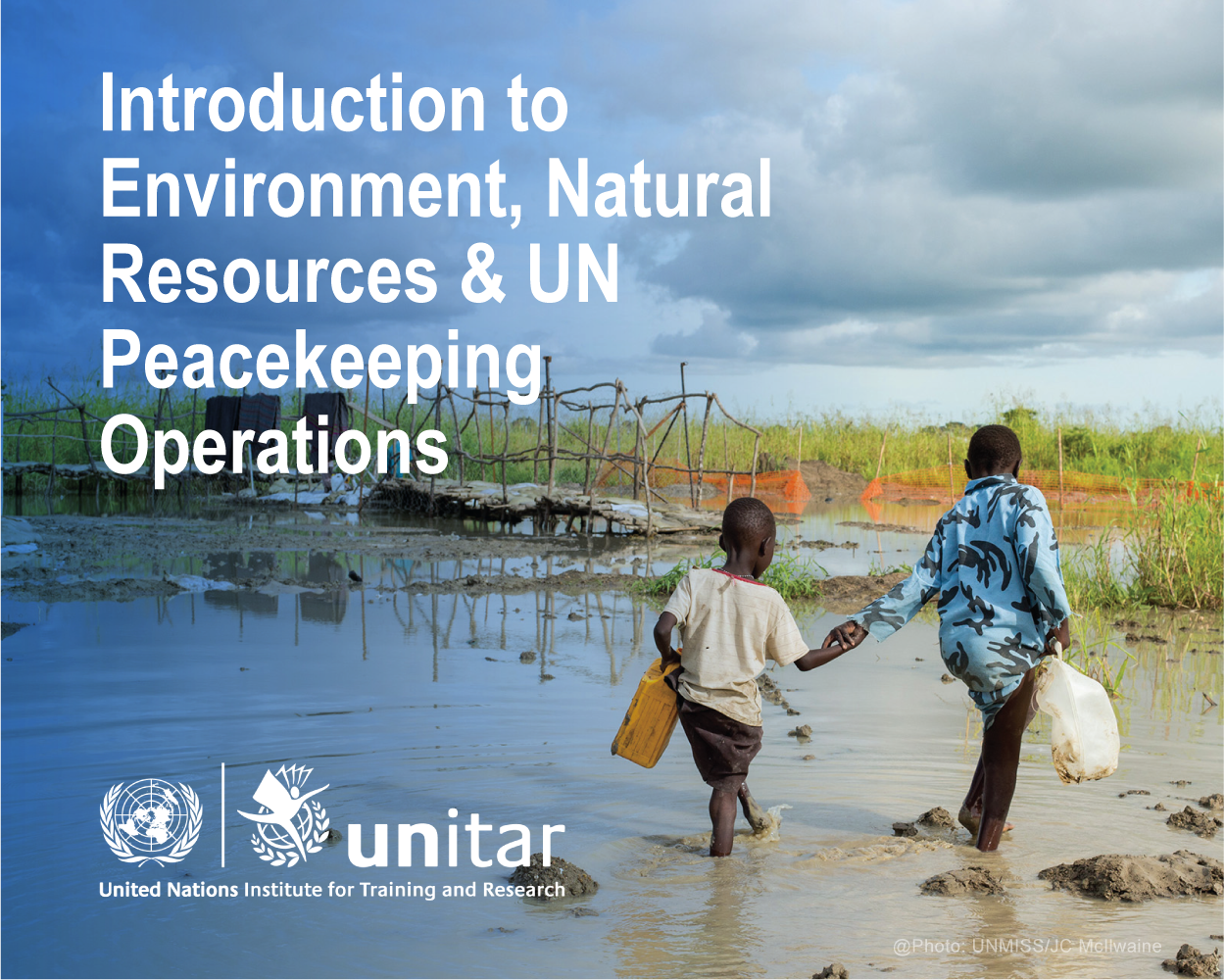With a view to avoid and minimize the environmental impacts of peacekeeping missions, DPKO and the Department of Field Support (DFS) adopted an Environmental Policy for UN Field Missions in June 2009. Furthermore, Global Field Support Strategy was approved by Member States in 2010. While the main aim of this five year strategy is to improve operational efficiency and transform service delivery, one of its secondary aims is to reduce the in-country environmental impact of peacekeeping and special political missions.
However, despite these positive developments, recent policy analysis report, titled Greening the Blue Helmets: Environment, Natural Resources and UN Peacekeeping Operations, prepared by the UN Environment Programme (UNEP) in close collaboration with DPKO and DFS, has shown that while the new policy had catalysed positive change in some peacekeeping missions – including testing and field application of resource-efficient practices, technologies and behaviours – the adoption of the policy in the field has to date been limited and ad hoc. This report further identifies opportunities for peacekeeping operations to capitalize on natural resources to contribute to stability and early peacebuilding outcomes, including employment, livelihoods, economic recovery and reconciliation.
This training course focuses on the environment and natural resource management in a post-conflict context. It is a general awareness training that targets all military, civilian and police personnel and should be completed either pre-deployment or once in-mission. Key areas of learning include minimizing the environmental impact of peacekeeping missions, improving operational efficiency from an environmental perspective and addressing environmental and natural resource challenges at field level.


